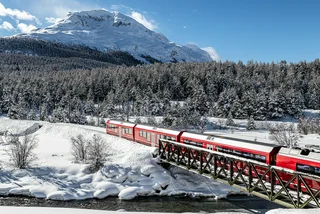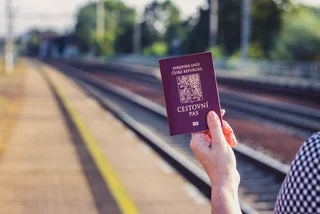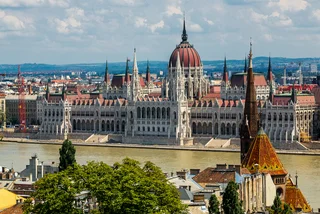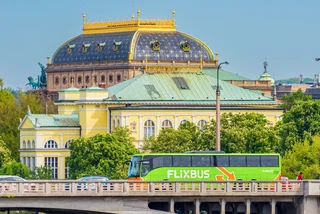The era of cheap flights is ending. Airline tickets in the Czech Republic are about 40 percent more expensive than last year. Compared to pre-pandemic prices they are almost 30 percent higher. While air ticket prices may soon stabilize or even drop slightly, experts do not expect them to reach pre-pandemic levels.
There are several reasons for the price increases, according to economist Lukáš Kovanda. First, people are hungry for travel, especially long-distance trips, due to the pandemic lockdowns. In addition, a significant part of the public has saved up money, which they can now use to buy plane tickets. The high demand allows carriers and sellers to increase their margins by increasing sales prices.
Airlines are also facing higher costs. Due to the war in Ukraine, the price of aviation fuel has increased. Some routes are also longer as planes have to avoid Russian and Ukrainian airspace. This requires more fuel.
Jet fuel accounts for as much as 38 percent of an average airline’s costs, an increase from 27 percent before the pandemic. For some budget airlines, it can be as high as 50 percent, news agency Bloomberg reported.
Both airlines and airports lost staff. They now have to attract new staff, which due to a competitive market requires higher wages. Training new staff is an added expense. While Václav Havel Airport Prague avoided strikes and much of the chaos seen at other airports, the airlines that use the airport have not been immune to rising costs.
Irish low-cost carrier Ryanair, which has a base at Václav Havel Airport, has been increasing its prices due to fuel costs. Previously, the airline offered tickets as cheap as EUR 1, but these have not been seen in several years. By last year tickets had risen to EUR 40 on average. Airline CEO Michael O'Leary said Ryanair's average fare will rise by about EUR 10 euros over the next five years to reach about EUR 50 euros by 2027.
"There's no doubt that at the lower end of the marketplace, our really cheap promotional fares – the EUR 1 fares, the EUR 0.99 fares, even the EUR 9.99 fares – I think you will not see those fares for the next number of years," he said in an interview with BBC Radio 4 earlier this month.
He added that he expects people to continue to fly in large numbers, but that they will be more cautious about ticket prices and will likely gravitate toward cheaper airlines. In addition to Ryaniar, other low-cost carriers also have hubs as Václav Havel Airport. These include Eurowings, easyJet, Jet2.com, Smartwings, and Wizz Air.
Willie Walsh, director general of the International Air Transport Association (IATA), told the BBC in July that ticket prices would be on the rise. "It's inevitable that ultimately the high oil prices will be passed through to consumers in higher ticket prices," he said.
Delta Air Lines has direct service between New York and Prague. “The demand is off the charts,” Delta CEO Ed Bastian said at the start of the summer regarding travel in general, and not just the Prague route. He added that fares overall were 30 percent higher than before the pandemic in all travel categories.
Prague has seen the effects of higher prices. While domestic tourism has rebounded and there are even tourists from Europe, long-haul visitors from Asia are still far below pre-pandemic levels.
There could be a slight reduction in airfare due to the end of the main tourist season, according to economist Kovanda. The price of fuel is also falling but this will be reflected in ticket prices only later, as aviation fuel is bought in advance. Oil prices remain volatile and may rise again, even this year.
Other factors exerting pressure on ticket prices also show no signs of ending. Staffing issues will only gradually ease, as many sectors are experiencing staffing shortages and competing for employees. The need to avoid Russian and Ukrainian airspace will continue at least into next year.
"So, the only thing that could cause a more significant discounting of tickets in the next year is a dramatic drop in demand. It cannot be ruled out," Kovanda said.
"Due to inflation, people here and abroad will have to save much more on vacation expenses in 2023 than this year. In addition, they will no longer be as hungry for flying as they were this year, when they were able to enjoy traveling to their heart's content for the first time after years of the pandemic – and many have had their fill even for a year or two ahead," he added.
If there is no dramatic worsening of the course of the war in Ukraine and there is a strong drop in demand next year, people can expect ticket prices to gradually stabilize in the coming months and then in 2023. A possible drop in prices would be by a maximum of 15 percent, which is much less than the recent jumps. Therefore, the era of ultra-cheap flights is really over, Kovanda concludes.












 Reading time: 4 minutes
Reading time: 4 minutes 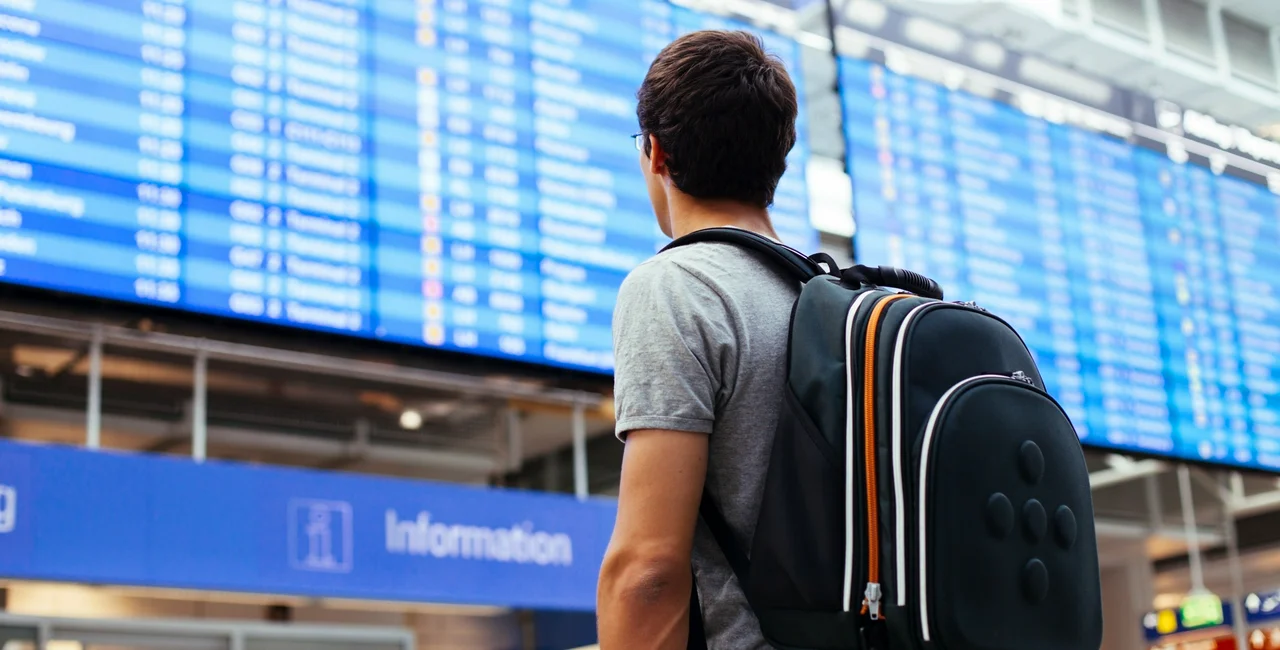




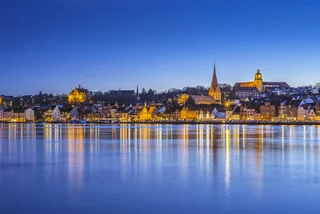
 English
English
 Spanish
Spanish
 French
French


